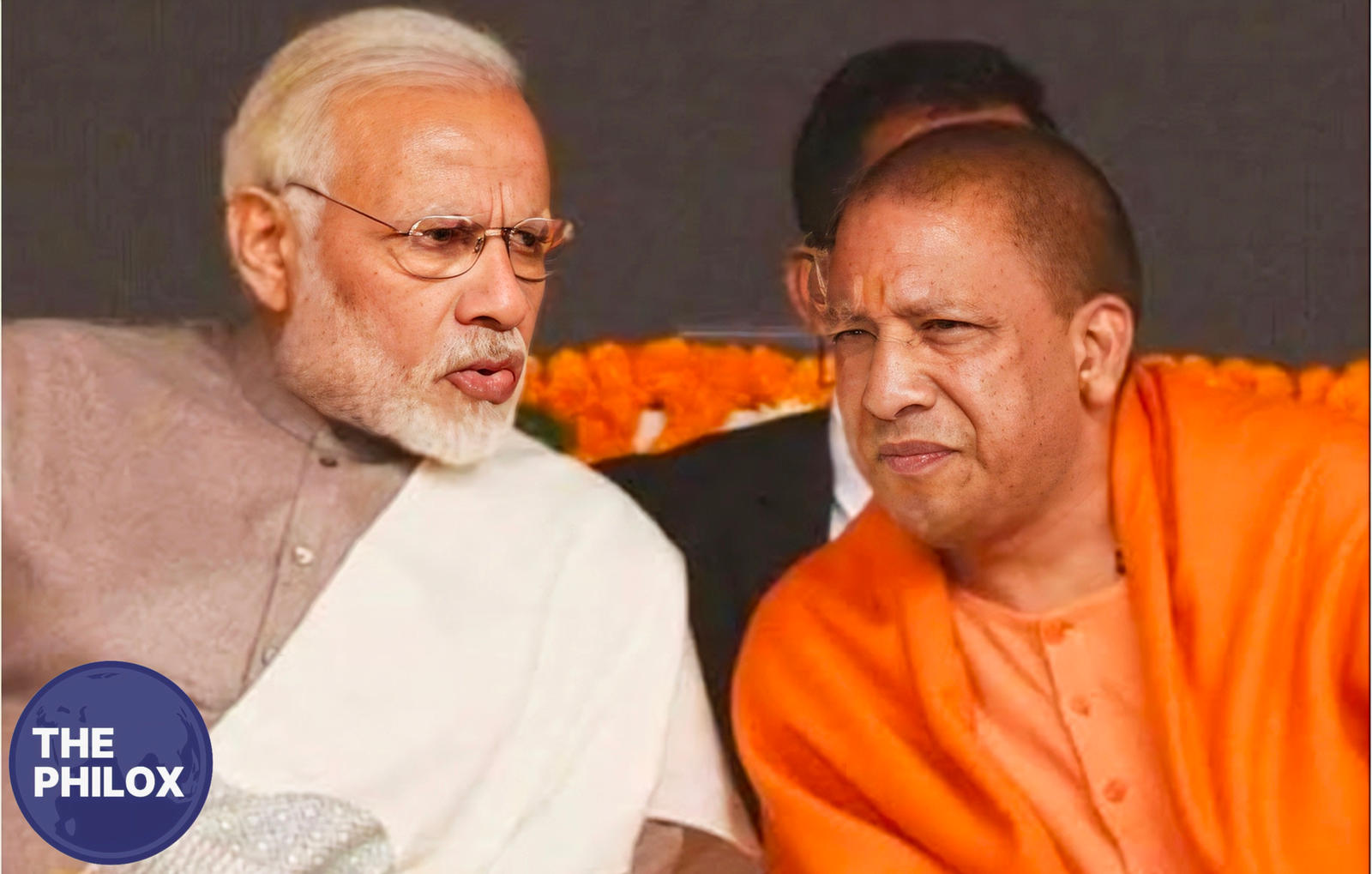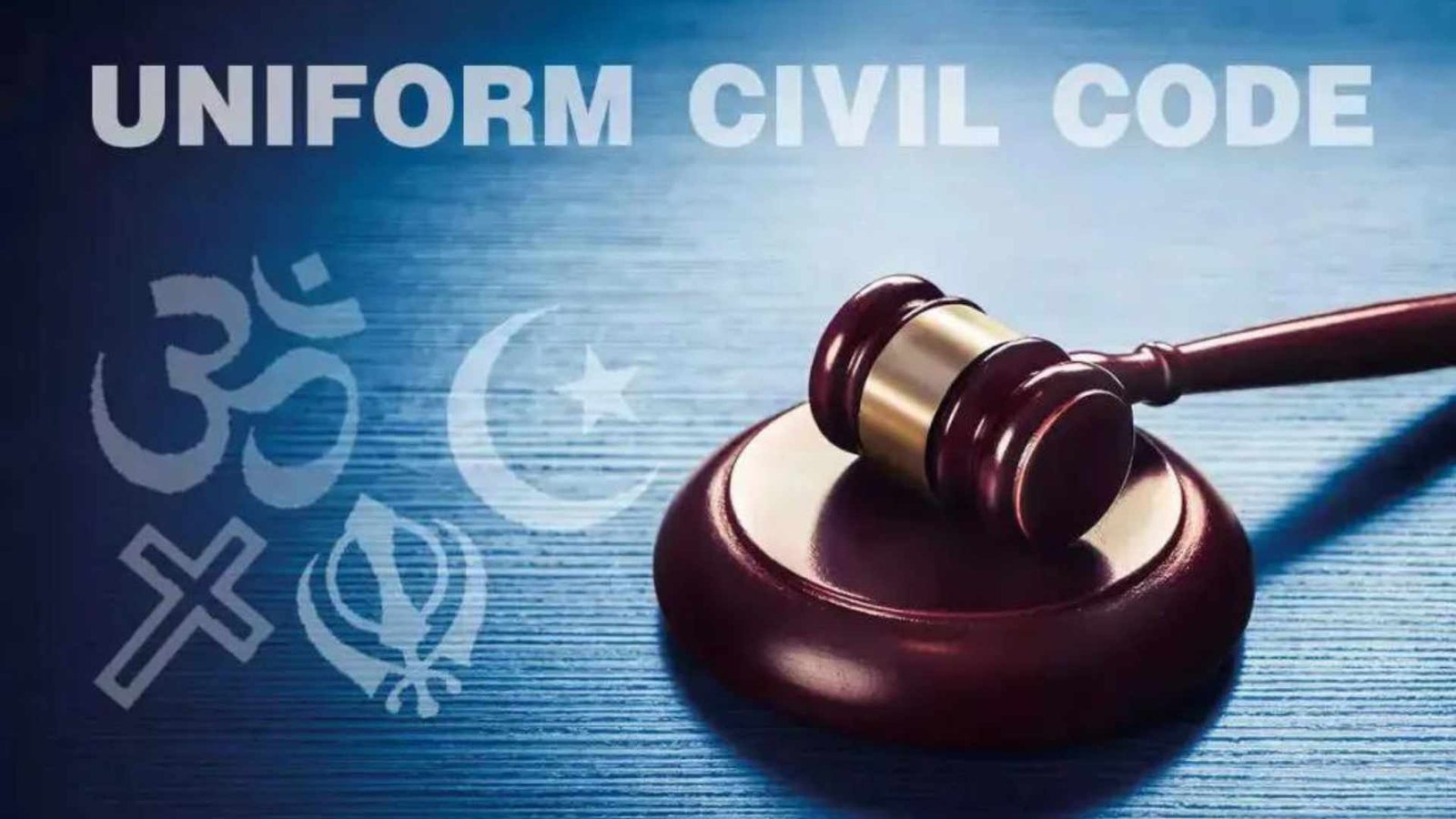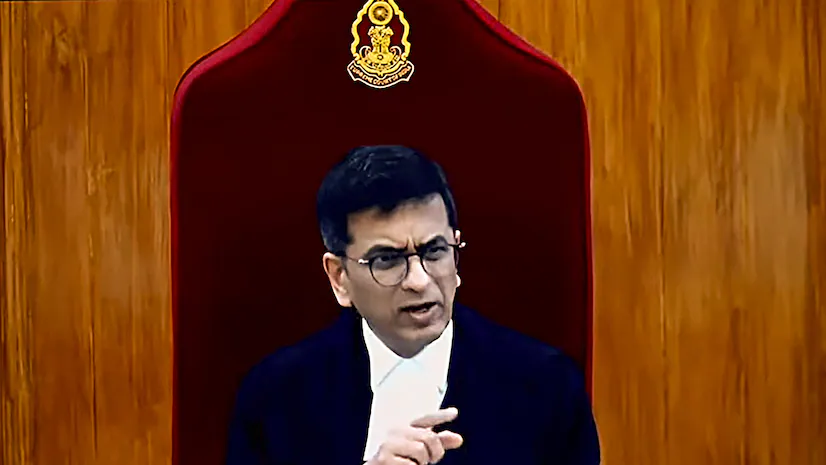I was invited recently by some young men to a dinner party. Normally I am a very reclusive person, and don’t go out from my flat in Delhi, often for weeks or even months on end. But I made an exception, and accepted this invitation, as I thought I should know what other people are thinking about the political situation in India.
Tag: Justice Katju
Kaliyug aa gaya hai
I dont know what is happening to these young Indian women nowadays. Instead of being good wives, they often create hell for their husbands.
The reality of India
Many tall claims are made that India is a glorious country with a bright future, with the fastest growing economy in the world, the third largest economy, having overtaken Japan, bullet trains, space missions, digital India, blah blah blah.
From Uttarakhand’s UCC to National Reform: Why Muslims and Women Should Embrace a Unified Law
However, I was surprised that none of the panelists clearly said that they were generally in favour of a UCC. Only Kapil, though being critical of the Uttrakhand UCC, seemed to support UCC in general ( by referring to former Prime Minister Nehru’s view ), and Vrinda Grover, one of the panelists, said that from the 1970s the women’s movement supported UCC.
From Mouse to Tiger and back By Justice Katju
The article “Punah Mooshak Bhav” by Justice Katju draws a parallel between an ancient Sanskrit tale and the political trajectory of Arvind Kejriwal, former Chief Minister of Delhi. The story narrates a mouse’s repeated transformations into more powerful creatures at the behest of a saint, only to revert to its original form after displaying ingratitude. Similarly, Kejriwal rose from a modest anti-corruption crusader, riding Anna Hazare’s movement, to a powerful political figure leading the Aam Aadmi Party (AAP). However, his tenure as Chief Minister was marred by allegations of corruption, extravagant spending (e.g., the “Sheesh Mahal”), and political U-turns, culminating in a significant electoral defeat in the 2025 Delhi Assembly elections. The article critiques Kejriwal’s lack of scientific vision and portrays his fall—losing his position and facing criminal cases—as a return to his metaphorical “mouse” state, emphasizing the transient nature of power devoid of integrity.
Justice Katju writes on India’s Bad Sense of Humor and Intolerance
Justice Markandey Katju, in his commentary on the Indian sense of humor, recounts personal anecdotes where his attempts at humor led to significant backlash in Bihar and Odisha, but were well-received in regions like Nagaland, Madhya Pradesh, Tamil Nadu, Karnataka, and Uttar Pradesh. His experiences illustrate a diversity in humor appreciation across India; some regions respond with understanding and laughter to satirical remarks, while others react with offense and protest. Katju advises caution in jest, suggesting that cultural nuances significantly influence the reception of humor, advocating for a region-specific approach to comedy in India’s diverse cultural landscape.
Justice Katju’s Critique: The Judiciary, Chandrachud, and the Places of Worship Act in Crisis”
The recent controversies surrounding mosque and dargah surveys in India have sparked sharp criticism from Justice Katju, who alleges judicial dishonesty and complicity with the BJP in undermining the Places of Worship Act, 1991. He specifically condemns former CJI Chandrachud’s perceived sleight of hand in allowing such surveys, warning of the socio-political damage these actions may cause. Highlighting the Jama Masjid case in Sambhal, Justice Katju decries the judiciary’s failure to uphold secular principles. He criticizes the Supreme Court’s reluctance to dismiss these cases outright, attributing it to political pressures, and warns of escalating tensions threatening India’s secular fabric.
Mahua Moitra, Get Your Facts Right: My Criticism of CJI Chandrachud Began Long Before His Retirement
Justice Markandey Katju responds to Mahua Moitra’s statement that critiques of former Chief Justice of India D.Y. Chandrachud are surfacing only after he retired. Katju describes his ongoing criticism during the tenure of Chandrachud on judgments such as Ayodhya verdict and the Gyanvapi mosque case wherein he argues, career motives overtook the integrity of the judiciary. Katju is further highlighting Chandrachud’s controversial public appearances and suo motu matters and countering Moitra with evidence of his long-continuing opposition. Thereby, this article can shine light on the many complex issues of judicial accountability and political discourse over the tenure of Chandrachud.







